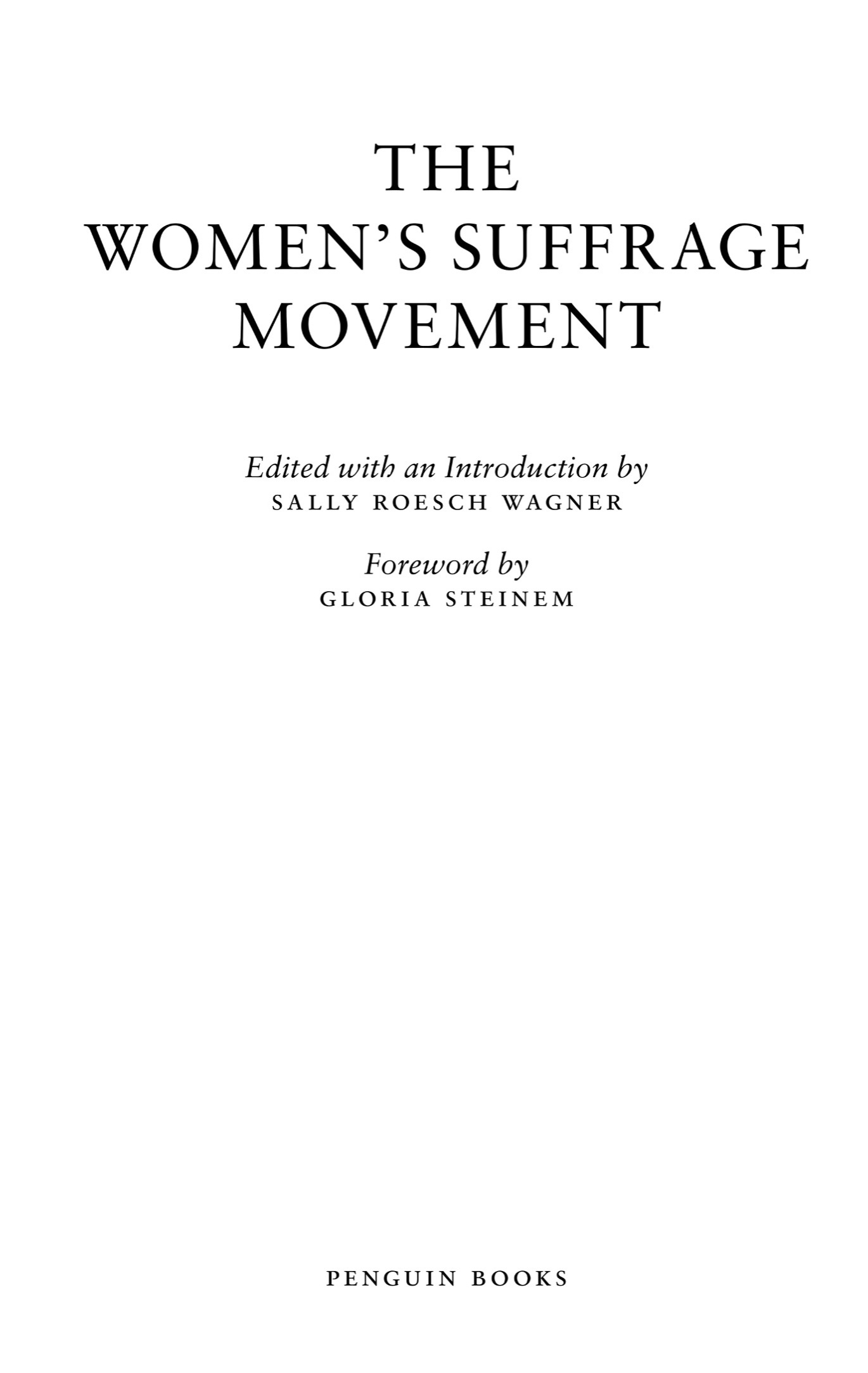PENGUIN  CLASSICS
CLASSICS
THE WOMENS SUFFRAGE MOVEMENT
SALLY ROESCH WAGNER was awarded one of the first doctorates in the United States for work in womens studies and is a founder of one of the first college-level womens studies programs in the country. She is the founding director of the Matilda Joslyn Gage Foundation in Fayetteville, New York, and currently serves as adjunct faculty in the honors program at Syracuse University. She is a member of the New York State Womens Suffrage Commission and a former consultant to the National Womens History Project. Author of numerous womens history books and articles telling the untold stories, her recent publications center on the Haudenosaunee influence on the womens rights movement. Wagner appeared in the Ken Burns PBS documentary Not for Ourselves Alone: The Story of Elizabeth Cady Stanton and Susan B. Anthony, for which she wrote the accompanying faculty guide for PBS, was a historian in the PBS special One Woman, One Vote, and has been interviewed on NPRs All Things Considered and Democracy Now.
GLORIA STEINEM is a writer, lecturer, editor, and feminist activist. Her books include the bestsellers My Life on the Road, Revolution from Within, Outrageous Acts and Everyday Rebellions, Moving Beyond Words, Marilyn: Norma Jeane, and As if Women Matter (published in India). Steinem has received the National Magazine Award, the Lifetime Achievement in Journalism Award from the Society of Professional Journalists, and the Society of Writers Award from the United Nations. She is a cofounder of Ms. Magazine, the Ms. Foundation for Women, the Womens Media Center, Equality Now, and Donor Direct Action. In 2013, she received the Presidential Medal of Freedom from President Barack Obama.
PENGUIN BOOKS
An imprint of Penguin Random House LLC
penguinrandomhouse.com
First published in Penguin Books 2019
Introduction, notes, afterword, and selection copyright 2019 by Sally Roesch Wagner
Foreword copyright 2019 by Gloria Steinem
Penguin supports copyright. Copyright fuels creativity, encourages diverse voices, promotes free speech, and creates a vibrant culture. Thank you for buying an authorized edition of this book and for complying with copyright laws by not reproducing, scanning, or distributing any part of it in any form without permission. You are supporting writers and allowing Penguin to continue to publish books for every reader.
Ida B. Wells, Crusade for Justice: The Autobiography of Ida B. Wells, edited by Alfreda M. Duster (University of Chicago Press, 1970) reprinted with permission by University of Chicago Press.
LIBRARY OF CONGRESS CATALOGING-IN-PUBLICATION DATA
Names: Wagner, Sally Roesch, editor. | Steinem, Gloria, author of foreword.
Title: The women's suffrage movement / edited with an introduction by Sally Roesch Wagner ; foreword by Gloria Steinem.
Description: New York, New York : Penguin Books, 2019. | Includes bibliographical references.
Identifiers: LCCN 2018050035 (print) | LCCN 2019007567 (ebook) | ISBN 9780143132431 (pbk.) | ISBN 9780525504412 (ebook)
Subjects: LCSH: Women--Suffrage--United States. | Women's rights--United States--History.
Classification: LCC JK1896 (ebook) | LCC JK1896 .W46 2019 (print) | DDC 324.6/230973--dc23
LC record available at https://lccn.loc.gov/2018050035
Cover handwritten type and design: Brianna Harden
Cover illustration: Hanna Barczyk
Version_2
To my three grandchildren:
my mentor, Tacoja Michael,
my reality-grounding grandson Tanner,
and Alex, my granddaughter, who moves the strength of our women-kin forward.
With your clarity and savvy, you keep me posted on the change that is coming. And joyously awaiting it, since you are in it.
Contents
THE WOMENS SUFFRAGE MOVEMENT
Foreword
With The Womens Suffrage Movement, Sally Roesch Wagner has given us a unique gift: the real words and actions, writings and debates, of white and black women who fought for over a century to gain an identity as free human beings and citizens.
For most of those years, black women were legally owned as chattel, forced to work and to suffer the unique punishment of giving birth to children who were also enslaved. White women were not as restricted and endangered as the women or men brought as slaves from Africa. But as the daughters and wives of white men, they were also legal chattel, with no right to leave their homes, disobey orders, profit from their own work, speak in public, have custody of their own children, own property without a guardian, or affect the patriarchal laws that governed their lives.
Even many, or most, white men who fought against slavery supported this subordinate position of their wives and daughters. When Susan B. Anthony, an abolitionist and suffragist, supported not only runaway slaves, but white wives escaping their violent husbands, even male abolitionist allies warned her that she was going too far.
As Frederick Douglass, a freed slave, abolitionist, and suffragist himself, wrote in his autobiography: When the true history of the antislavery cause shall be written, women will occupy a large space in its pages, for the cause of the slave has been peculiarly womens cause.
And this despite the fact that many white women, especially but not only in the South, aided and abetted black slavery, and also accepted their own subordinate position as natural.
A century later, Gunnar Myrdal would explain in his landmark study of slavery that enslaved African women and men brought to these shores had been given the legal status of wives as the nearest and most natural analogy to the status of slaves.
Wagner takes us into the rooms, writings, and discussions where white and black women and black men, all fighting for legal personhood and full citizenship, were both a miracle of shared purpose, despite all the lethal forces keeping them apart, and later a tragedy of division that echoes in the need for intersectionality and inclusion to this day.
Even the lynchings of black men, crimes designed to maintain the racial order after the Civil War, were most often justified by proximity to white women, however imaginary or freely chosen. This tells us how dangerous and brave was the coalition for universal adult suffrage that you will read about here. It also reveals the betrayal when white men split the coalition apart by offering the vote to black men first, only to then limit their votes with poll taxes, impossible literacy tests, and violence.
Yet despite this tragic division, and despite being labeled as varying degrees of nonhuman, this fractious rebellion and fragile coalition did eventually succeed in gaining citizenship for the majority of people in this country.
Wagner brings us these imperfect and hopeful rebellions of the past as they happened, complete with their courage, divisions, and debates, plus a long organizational disagreement among women suffragists about whether to seek the vote by federal amendment or state by state.
She doesnt attempt to prove a thesis, or to explain mistakes, or to excuse destructive divisions. Other than in the first and last chapterseach one with a very specific purposeshe doesnt insert herself at all. Instead, she allows us to witness the words and acts, dreams and disappointments, victories and defeats, visionary ideas and tactical errors, of people fighting a battle that laid the basis for our continuing movement against hierarchies based on race and gender.

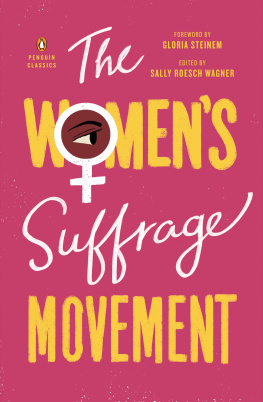

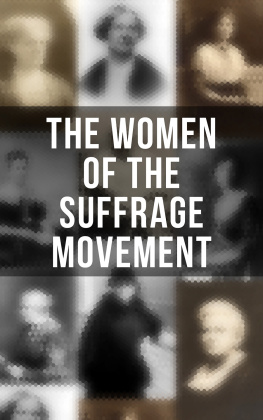
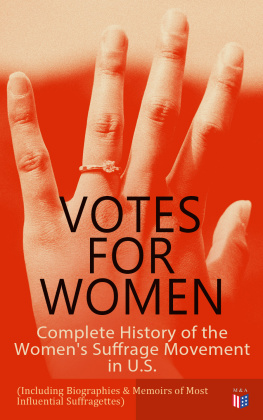
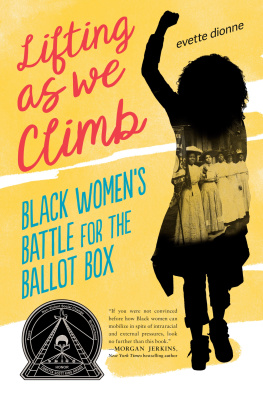
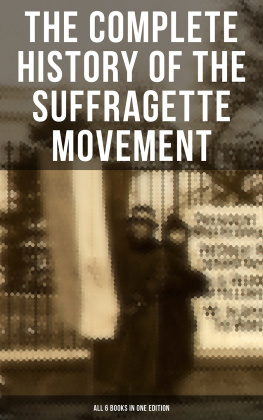
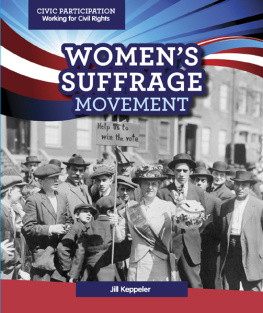
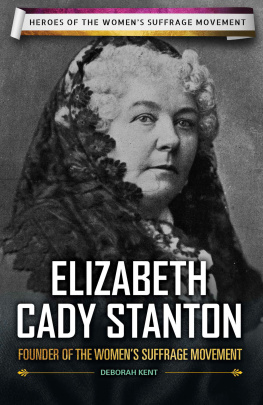
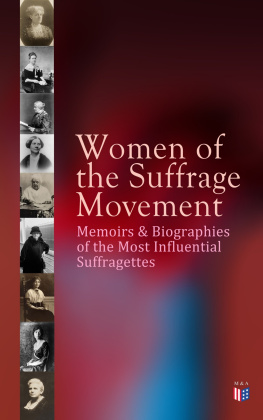
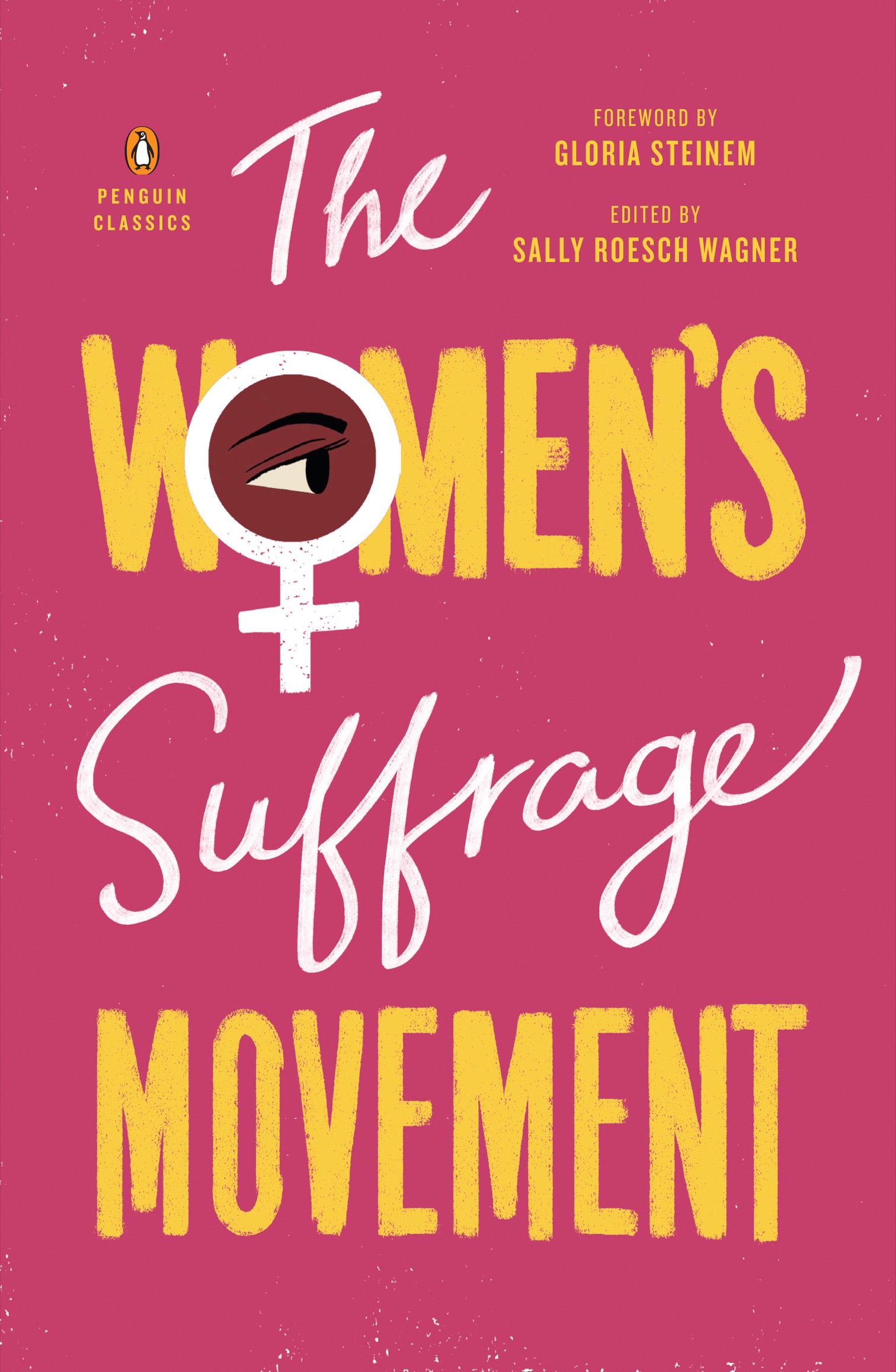
 CLASSICS
CLASSICS